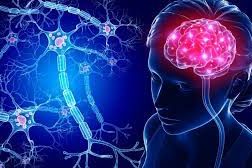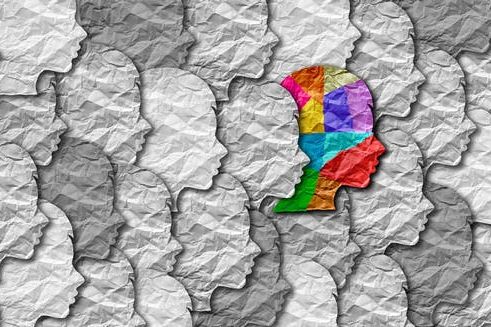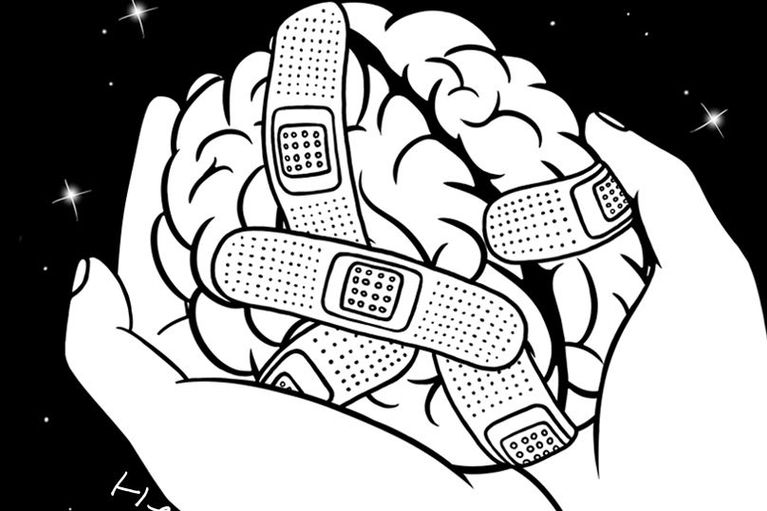PRESENT THERAPY: Gift Yourself With Mental Wellness
Evidence Based Therapy Practices
There is no one way to recover. There are many different approaches to counseling and therapy.
Evidence-based practice in psychology (EBPP) is the integration of the best available research with clinical expertise in the context of patient characteristics, culture, and preferences.” (APA, 2005)
When considering evidence-based practices it is also important to consider that the research supporting the theory does not have biases. That the theory shows data that supports successful use for the age, group, culture, gender, sexual orientation, socioeconomic status and education level of the person you are treating. Counseling is a patient center approach, and patient preferences are to be the deciding factor in any approach used.
One theory may not work for everyone and sometimes a combination of theories can prove beneficial.
Each counselor, each patient, each diagnosis is unique. With experience, treatment, and time the patient's needs and diagnosis may change. Please remember to use assessments and EBPP NOT as a blanket diagnosis tools and practices, but to monitor improvements in patients symptoms.
Before considering any one theory please consider reading the following articles, on the importance of making Evidence Based Practice in Psychology(EBPP) into a Tripartite Model.
Berg, H. (2019). Evidence-Based Practice in Psychology Fails to Be Tripartite: A Conceptual Critique of the Scientocentrism in Evidence-Based Practice in Psychology. Frontiers in Psychology, 10. Retrieved from https://www.frontiersin.org/articles/10.3389/fpsyg.2019.02253/full
Henrik Berg. (2020). Virtue Ethics and Integration in Evidence-Based Practice in Psychology. Frontiers in Psychology, 11. Retrieved from https://www.frontiersin.org/articles/10.3389/fpsyg.2020.00258/full#B3
ALL EVIDENCE BASED PRACTICES IN PSYCHOLOGY
Before deciding on any EBPP please consider the symptoms and existing case studies on which practices are found to work for individuals with similar symptoms and diagnosis.
Below are some popular EBPP.
ACT theorizes that psychological struggles occur because of the interaction between language and cognition, and the pull of behaviors due to life experiences. It addresses psychological inflexibility and addresses the need of patients to live in accordance with their core values.
ACT is shown to alleviate symptoms of:
Depression, Obsessive Compulsive Disorder (OCD), Psychosis, Chronic Pain, and Mixed Anxiety Disorders
CBT is a goal-oriented approach. In which the counselor helps the patient to identify troubling situations or conditions, become aware of thoughts, emotions and beliefs about the identified problems, identify and reshape negative or inaccurate thinking. The goal is to change the behaviors and thoughts to improve the quality of life. Homework assignments are generally used to create desired results.
CBT is shown to alleviate symptoms of:
Schizophrenia, Generalized Anxiety Disorder, Adult ADHD, Anorexia Nervosa, Binge Eating Disorders, Bulimia Nervosa, Chronic Headaches, Fibromyalgia, Rheumatological Pain, Insomnia, Irritable Bowel Syndrome, Obsessive Compulsive Disorder, Panic Disorder, Social Anxiety Disorder, Post-Traumatic Stress Disorder, Bipolar Disorder, Depression, and Depression in People with Diabetes
Known specifically for its effectiveness with Borderline Personality Disorder, where after a year of DBT 77% of the patients no longer met criteria for BPD diagnosis. (Stiglmayr et. al., 2014).
DBT therapists combine group skills training, individual psychotherapy, and at times phone coaching to yield the best results. The four main skills focused on are mindfulness meditation skills, interpersonal effectiveness skills, distress tolerance skills and emotional regulation skills.
MBCT teaches people to consciously pay attention to their thoughts, emotions and body sensations, without placing judgments on them. It teaches individuals to become present minded through mindful meditation techniques. Rather than getting attached to thoughts of the future or of the past individuals are taught to let go of thoughts that are not present centered. It provides clarity and tools to be able to let go of negative thoughts and behaviors.
MBCT is shown to alleviate symptoms of:
Addictive Behaviors, Chronic Pain, Stress, Depression and Anxiety
SFBT is an outcomes based therapy. Rather than analyzing problems, pathology or the past SFBT focuses on uncovering solutions in the present time and exploring an individuals desired outcomes for the future, resulting in quicker resolution to one's problems. It is useful for all ages and demographics. Often uses the miracle question to determine desired outcomes and support behavior changes.
SFBT is shown to help with:
Child Behavioral Problems, Family Dysfunction, Domestic Violence: Offenders and Victims, Childhood Sexual Abuse, Neglect and Family Issues, Bullying, Addiction, Relationship Problems, and Couple Burnout.
Improvement has also been seen in individuals with depression, generalized anxiety, social anxiety and schizophrenia.
EMDR is a psychotherapy that enables people to heal from the symptoms and emotional distress that are the result of disturbing life experiences.
EMDR is shown to alleviate symptoms of:
PTSD, distress associated with traumatic memories and anxiety.
Brainspotting is the most subcortical of all psychotherapies. It access the midbrain by two points, by finding the point of heightened emotion and sensation and holding the individuals gaze their in order to help them process and reprocess the events.
Brainspotting is proven effective for processing of distressing memories and trigger desensitization.
CPT is a specialized type of cognitive behavioral therapy, typically 12 sessions and follows an outlined format of impact statements, identification of stuck points, identifying and challenging problematic thinking and adapting thoughts and behaviors based on what is uncovered in session.
CPT is shown to alleviate symptoms of:
PTSD that have developed after experiencing a variety of traumatic events including child abuse, combat, sexual assault victims and natural disasters.
ASD is a developmental disability it can cause significant social, communication and behavioral challenges, because it is based on a spectrum symptoms can be minimal or severe. There are many EBPP that are proven to help with ASD symptoms.
Additional identified EBPP for ASD can be found in the 2020 NCAEP EVIDENCE-BASED PRACTICES REPORT
Career Counseling
Many individuals can struggle with issues finding work, especially under served populations. Individuals that struggle with gaining employment and staying employed may benefit from career counseling. Below are resources to help explore evidence based career counseling options and career counseling tools that can help the therapist and client explore varying career options based on the client's interest and education and help build on the client's strengths.
Trauma Therapy incorporates many different therapeutic approaches in order to facilitate healing. Much of trauma focused care aims at applying somatic therapy approaches (bottom-up) therapy, to change brain chemistry. This means building a therapeutic alliance, developing a SUDS thermometer with the client and incorporating grounding and meditation techniques so that the client can safely regulate their emotions in time. Once an individual is sure to be able to self-regulate well, has enough support and resources available, then it is safe to start approaching trauma healing. This process takes time. Then cognitive behavioral, narrative therapy, cognitive processing therapy and other top-down approaches or bilateral brain stimulation approaches such as EMDR, tapping, brain spotting, equestrian therapy, walk-talk therapy, and others, can be applied safely causing the least possible distress in the client.
We need your consent to load the translations
We use a third-party service to translate the website content that may collect data about your activity. Please review the details in the privacy policy and accept the service to view the translations.











